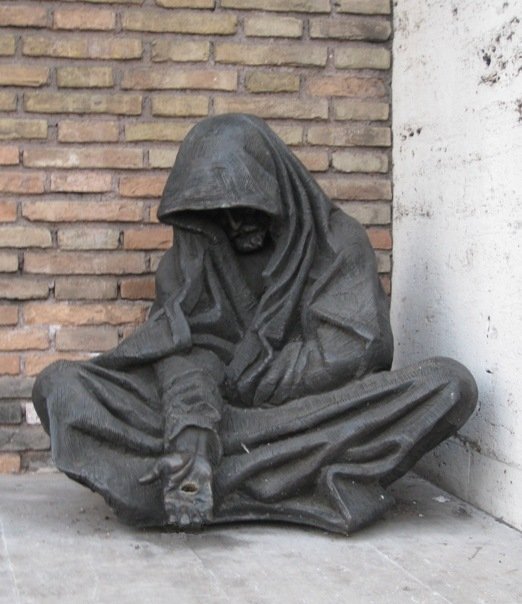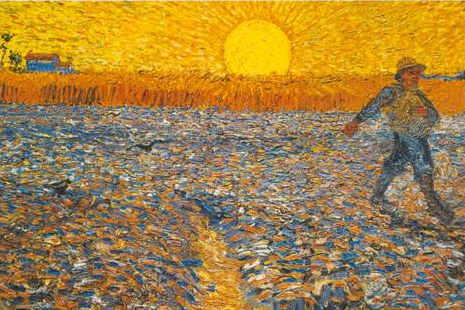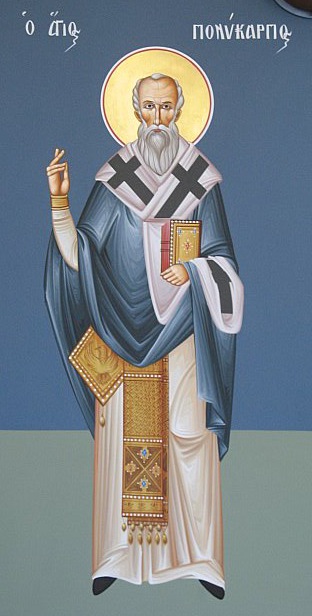Lectionary Notes: Feeding The Hungry
Things have been a bit non-stop this last week, so I’m afraid these notes are late, slightly shorter than usual and a little bit rushed, but as GK Chesterton said, “If something is worth doing, it’s worth doing badly”…
18th Sunday in Ordinary Time: 31st July, 2011
Reading 1: Isaiah 55:1-3
After Jeremiah, Isaiah is my favourite prophet. This book is often called “The Fifth Gospel” and, with a passage like this, it’s easy to see why. Here, God gives a beautiful invitation to His people to come and be satisfied, to return to Him, to come and be filled free of charge! Why settle for anything less?
When we recognize our hunger and our dependence on God, He will fill us and give us life.
Thus says the LORD:
“All you who are thirsty, come to the water!
You who have no money, come, receive grain and eat;
Come, without paying and without cost, drink wine and milk!
Why spend your money for what is not bread; your wages for what fails to satisfy?
Heed me, and you shall eat well, you shall delight in rich fare.
Come to me heedfully, listen, that you may have life.
I will renew with you the everlasting covenant, the benefits assured to David”
Suggested Questions:
- What is the general invitation of this passage?
- What does this food and drink cost? What does this say about God?
- What do you think the “water” here represents?
- What do you think the “grain” here represents?
- What do you think the “wine” here represents?
- What do you think the “milk” here represents?
- In what way do we “spend [our] money on what is not bread”?
- Why do we do spend our “wages for what fails to satisfy”?
- What is promised together with this food?
- What was the promise God made to David?
- How do we experience the invitation of this passage today?

 15th Sunday In Ordinary Time: 10th July, 2011
15th Sunday In Ordinary Time: 10th July, 2011

